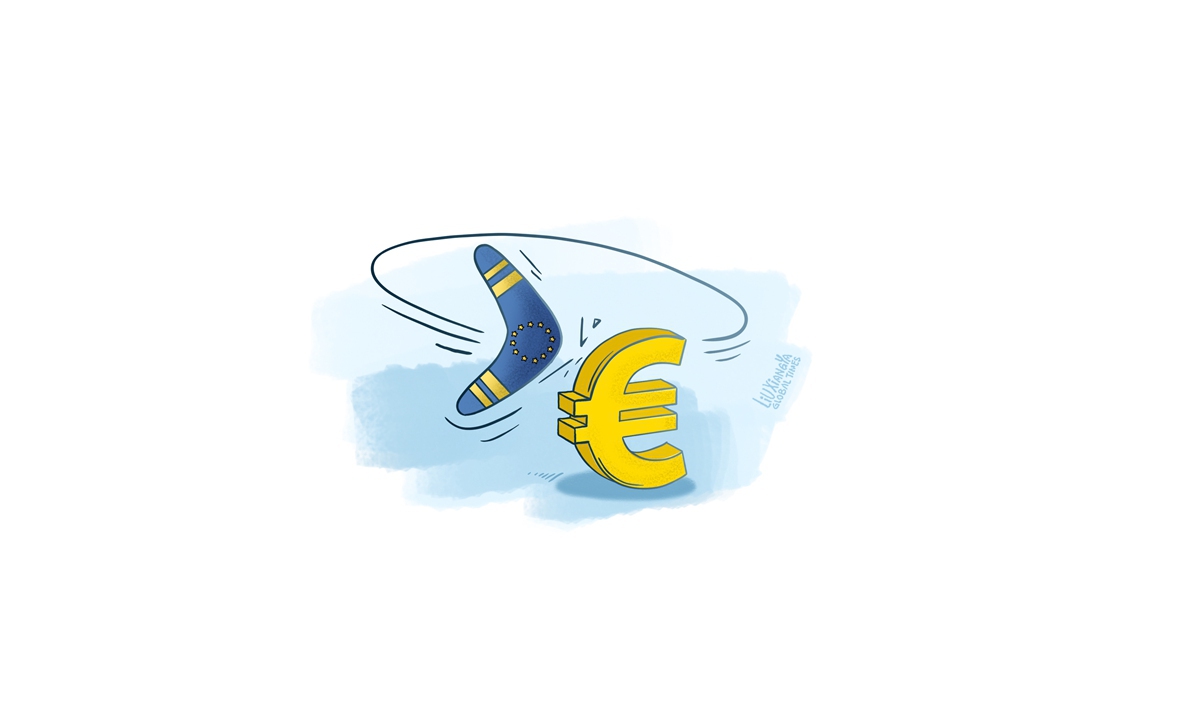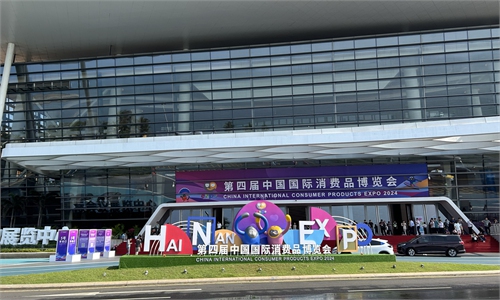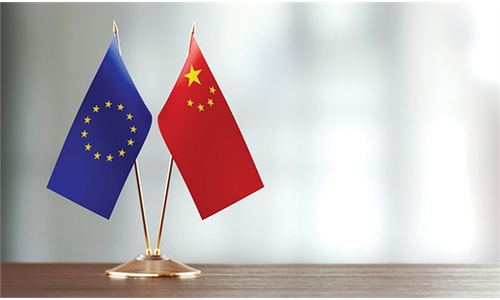
Illustration: Liu Xiangya/Global Times
European governments appear to be ready to move to support their solar power manufacturers this week, but Europe's solar industry is in trouble - not just due to a lack of policy support but also because of flawed competitiveness.
Swiss solar panel maker Meyer Burger is packing up a German factory to send production to the US, joining a growing list of European renewable-energy factories shutting down or relocating, Reuters reported on Monday.
In contrast to Europe, the US government does provide attractive subsidies and policy support for green sectors. Yet, if Meyer Burger wants to succeed in the competitive US market, it still needs to rely on its own strength, not just policy support.
The solar panel maker's choice is just one example of the serious challenges facing the European solar industry, which is at a relative disadvantage in the global photovoltaic (PV) market. China has taken a dominant position, with its companies accounting for 80 percent of the world's solar manufacturing capacity and with low costs.
Meanwhile, US subsidies announced as part of the 2022 Inflation Reduction Act allow some renewable-energy manufacturers and project developers to claim tax credits, intensifying the competitive pressure on European companies.
Nevertheless, the woes facing Europe's solar industry are not solely due to a lack of policy support, as there is obvious weakness in the competitiveness of European industry. Despite having a well-established solar supply chain, European companies face challenges in terms of technological innovation, investment in research and development, optimized production procedures and cost reducing.
On the one hand, they have not achieved economies of scale in manufacturing. On the other hand, while Chinese companies are actively exploring next-generation PV technologies, the progress by their European peers is relatively slow.
It is exactly under such circumstances that some in the EU have been quick to point a finger at China for the EU's diminishing competitiveness, resulting in a worrying rise in the risk of trade friction. For instance, in early April, the EU launched two probes into Chinese solar panel makers suspected of using government subsidies, according to media reports.
However, the EU cannot simply attribute its competitive setbacks to China's "unfair competition." The global demand for renewable energy necessitates fair competition to drive technological advancements and industrial efficiency. China's success in the PV industry results largely from its own competitive edges through its consistent investment in technology, scale, cost controls and innovation.
If Europe aims to enhance the competitiveness of its solar industry, it must address its own technological and cost challenges rather than relying solely on trade protection measures.
The significant expansion of China's solar panel capacity is a welcome development for European companies and consumers seeking to develop their own PV systems. The transition to green energy is costly, and inflation is already high enough. China's help in lowering such costs is undeniably conducive to the EU's ambitious energy transition plan.
The EU's anxiety about protecting its own industry is understandable, but the root cause lies in the long-term decline in the bloc's competitiveness, not in its competitors. The financial crisis, euro crisis, Russia-Ukraine conflict and bureaucratic reactions may have all played a part.
Furthermore, misleading policy trends, such as hype about "de-risking" from China, have also hindered the progress and development of the EU's PV industry.
The EU's ability to sustain and improve its competitiveness hinges on whether it takes the proper measures to effectively address these enduring challenges. Embracing a more open-minded and globalized approach, rather than being overly ideological and protectionist, may offer a viable solution.



